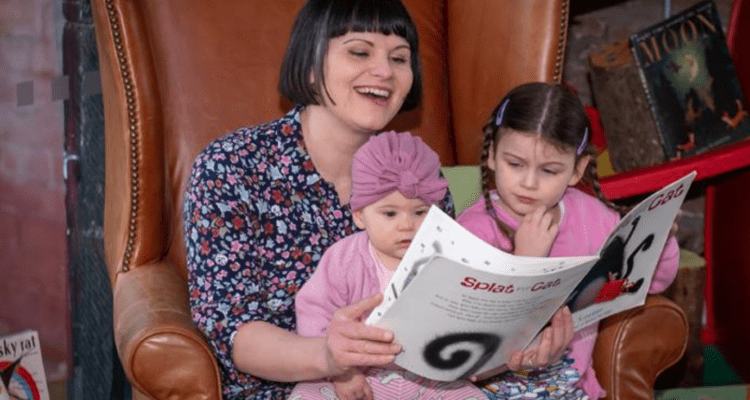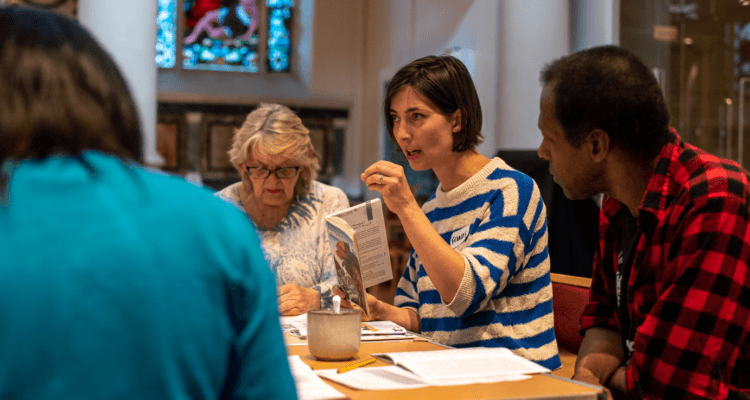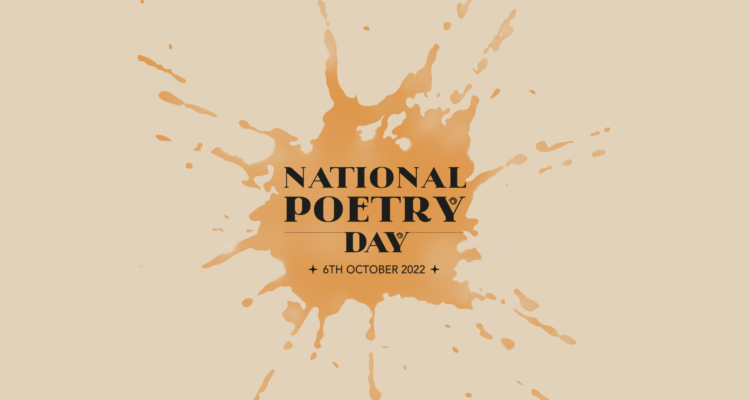Who Reads Doris Lessing?
In the few days since Doris Lessing was announced as the 2007 winner of the Nobel Prize in Literature, book talk in Britain has been torn between the 'Is Martin Amis a Racist?' question and the 'Doris Lessing? Is she still alive?' pub debate controversy. Lessing is said to have exclaimed 'Oh Christ!' when she heard the news of the win and was rather insensitively doorstepped by journalists on Friday. Perhaps the best single piece on Lessing and her influence was in the Observer, where Robert McCrum explains why Lessing is a long overdue winner:
Forget Philip Roth, Claudio Magris and Milan Kundera, all of whom have been tipped often. Forget, too, that obscure Szechuan storyteller with the unpronounceable name published by Serpent's Tail or the Hayseed Press. Here is a great contemporary woman novelist and London intellectual who has dedicated her long life and impressive body of work to the tireless and unflinching exploration of man's (and woman's) place in the world, together with issues of race, gender and social justice. This prize finally acknowledges what has been true for at least 40 years: that she is one of the most important literary voices of her generation.
The feature in the Observer includes commentary on Lessing by several writers and fans, including our very own Jane Davis.
Tom Sperlinger, whose 2005 interview with Lessing appeared in The Reader magazine and which you can read here, sent me this piece in response to the news:
In a recent introduction to D.H. Lawrence’s Lady Chatterley’s Lover, Doris Lessing recalls once giving a lift to a young solider 'in an unusual state of mind'. He 'could not stop talking', she writes, 'he was in love'. During the journey, he pulled out a copy of Lady Chatterley's Lover and said that 'he had never read anything like it, well, he wasn’t really a reader, actually this was the only book he had ever read. But he had read it several times, and kept finding new things in it.'
'Surely,' Lessing writes, 'this youth, who was soon going to be married, was Lawrence’s ideal reader'.
Who is the ideal reader of one of Lessing's novels? Maybe a teenager, or young man or woman; someone in an unusual state of mind, perhaps in love. She certainly appeals to some who do not otherwise think of themselves as readers.
Who does read Lessing?
This question has occurred to me frequently over the past few years, because there is no other author whom I have recommended with such mixed results. I am only just back on speaking terms with the members of my mother's book group, all of whom hated Love, Again.
In other cases her books have been a revelation or a surprise. I gave Mara and Dann, an adventure story set after another ice age, to a friend, R, who teaches literature at a university. Though he received the gift politely, he couldn't disguise his skepticism. A few weeks later he sent me a text saying 'Mara seems more prescient every day'. This was the summer of 2005, around the time of the floods in New Orleans. 'Don't tell me how it ends,' he pleaded.
I lent The Good Terrorist to my housemate J, a beautifully undisciplined reader, who never keeps a book after he has finished it. He said it was the best book he had read in years, and talked unguardedly about his own memories of living in a squat and getting in trouble with the police. Two other housemates, A and A, all-but fought over who would be the first to read On Cats. The winner carried it about with her for days and, soon after, bought a kitten. We considered naming him after Lessing's El Magnifico and still think of him as our Lessing cat.
I plucked up the courage to teach Lessing last year, on an MA course on women's writing. To my surprise, almost all of the students loved The Marriages Between Zones Three, Four, and Five. 'Does it remind you of anything else you've read?' I asked them, towards the end of the seminar. One said: 'I've never read anything like this.'
It's a wonderful thought that after yesterday’s announcement many new readers will find Lessing's works for the first time.
Posted by Chris Routledge. Powered by Qumana
Share
Related Articles

Reader Revisited: Reading with Looked-After Children by Grace Frame
We're taking a trip down memory lane and revisiting articles from The Reader Magazine. This article first appeared in issue…

Meet The Reader: Staff Spotlight with Frances
Saturday 30 September is International Podcast Day so this month we got chatting to Frances MacMillan, the Head of Literary…

National Poetry Day 2022
To celebrate National Poetry Day 2022, The Reader has created a new poetry anthology exploring this year's theme, The Environment.…


